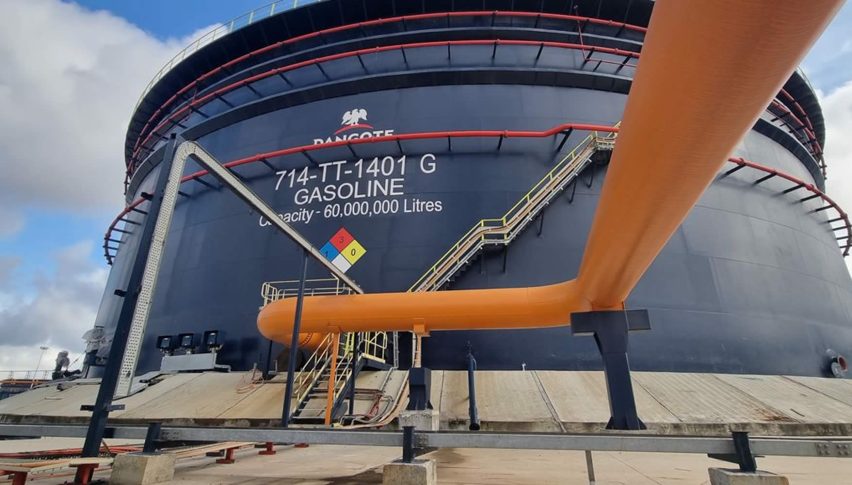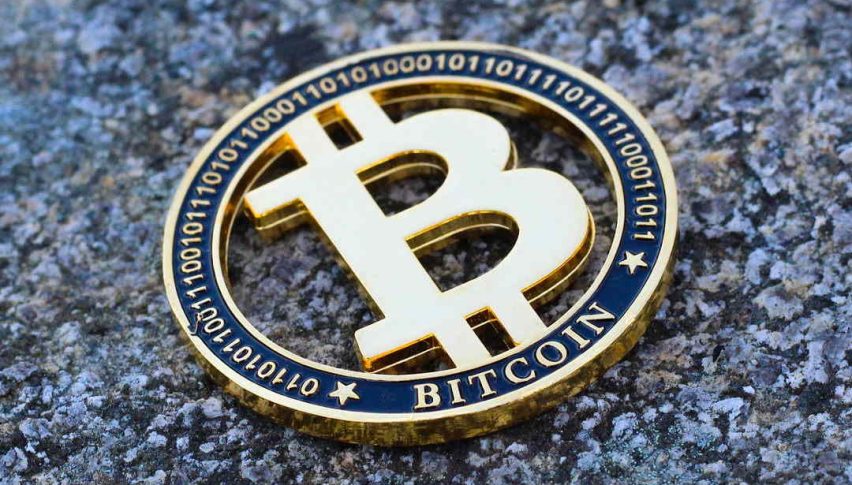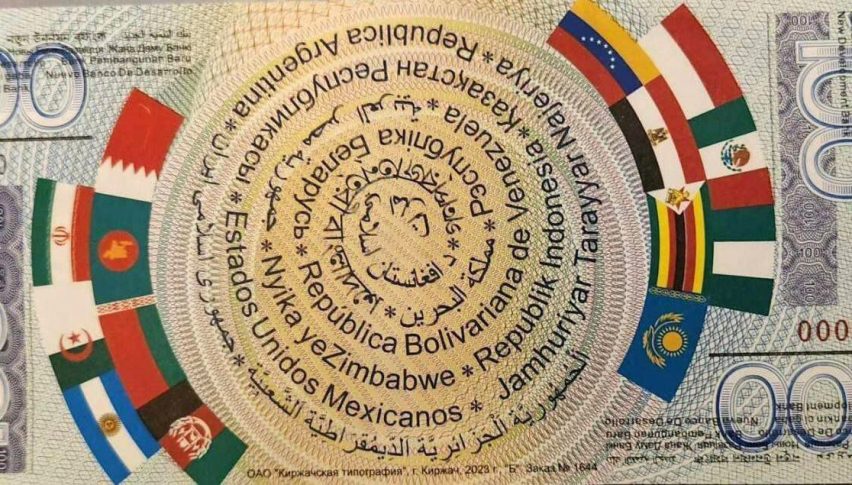The Central Bank of Brazil cuts interest rates to their lowest level in two years.
Cuts have been moderate, contrary to the requests made by Brazil's President, Lula da Silva, who has been pressing for more reductions.
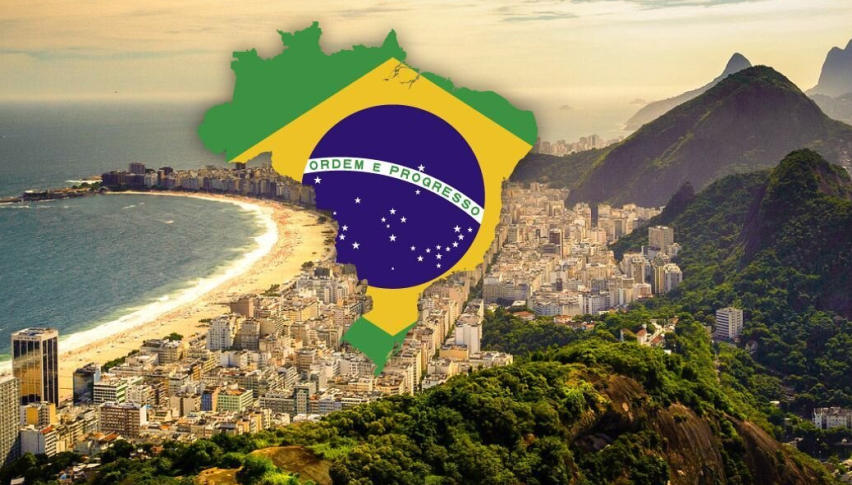
On Wednesday, the Central Bank of Brazil reduced the benchmark interest rate by 0.5 percentage points, now standing at 10.75% annually, the lowest level since February 2022.
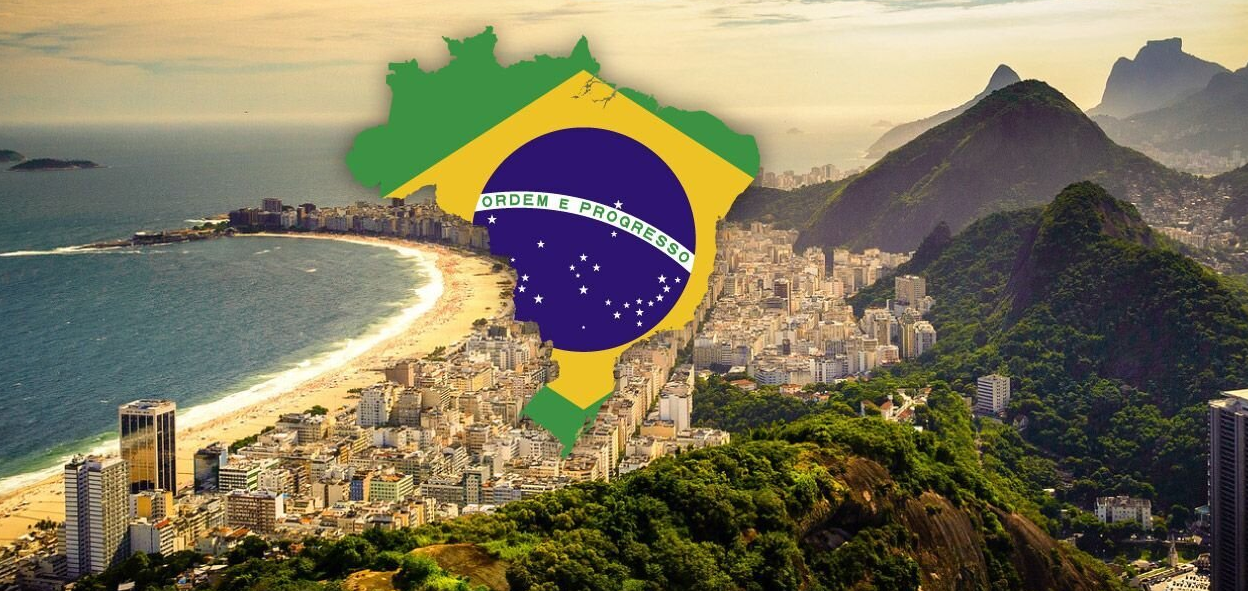
The reduction in the cost of money, announced by the Central Bank since last January, marks the sixth consecutive cut since August 2023, following a year-long period where rates remained at 13.75% annually.
According to the issuing authority, the decision to further lower interest rates was based on inflation control, which currently stands at 4.5% on an annual basis and is within the target set for this year.
For 2024, the Central Bank set an inflation target of 3.0%, with a tolerance margin of 1.5 percentage points in both directions, allowing the index to reach a maximum of 4.5%.
The Central Bank had been raising interest rates until last year to control rising prices. However, with inflation under control, rates have been reduced in recent months at a pace of 0.5 percentage points after each meeting.
Nevertheless, the cuts have been moderate, contrary to the requests made by Brazil’s President, Luiz Inácio Lula da Silva, who has been pressing for more drastic reductions since his government began in January 2023.
Lula argues that a stronger rate cut would ensure greater economic growth, which in 2023 reached 2.9%, a level higher than expected by Brazil but lower than that of 2022 (3%).
Experts predict that the Brazilian economy will continue to slow down to 1.8% in 2024.
The Central Bank stated that the current situation, where inflation reduction “tends to be slower,” and with a challenging global scenario, “requires calm and moderation” in the conduct of monetary policy.
In this regard, the Bank said that if the expected scenario is confirmed, “there will be a reduction of the same magnitude (0.5 points) at the next meeting.”
Although year-over-year inflation in Brazil has been declining since last September, prices rose in February compared to January, affected by adjustments in tuition fees and the cost of food.
The Central Bank’s forecast is that inflation will be at 3.5% this year and at 3.2% in 2025, confirming a trend towards lower price growth.
- Check out our free forex signals
- Follow the top economic events on FX Leaders economic calendar
- Trade better, discover more Forex Trading Strategies
- Open a FREE Trading Account
